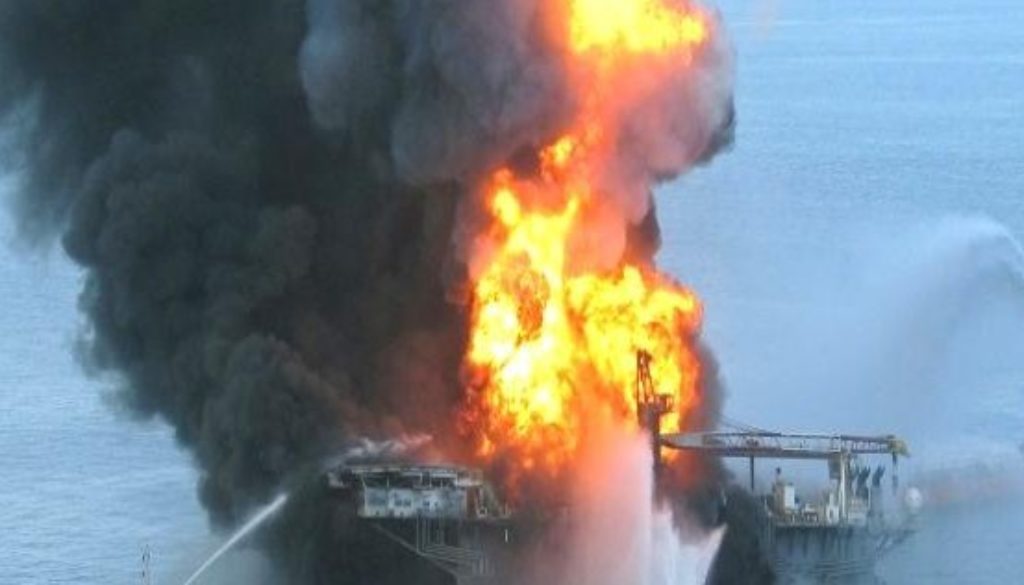Interior Department Guts Critical Offshore Drilling Safety Protections
By Natural Resources Defense Council
The Trump administration today will weaken crucial offshore drilling safety standards that were put in place after the 2010 BP Deepwater Horizon oil disaster, which killed 11 people and covered the seas with millions of barrels of oil.
“The well control rule was one of the most important actions we took, as a nation, in response to the BP-style disaster at sea,” says Bob Deans, director of strategic engagement at NRDC. “The rule draws directly from lessons learned from that debacle. It creates tools to help reduce the risk of these dangerous industrial operations at sea.”
The U.S. Department of the Interior is expected to announce the rollback later today from coastal Louisiana—where oil and gas gushed into the area’s waters for 87 days during the BP spill. The agency is walking back components of the well control rule, such as removing requirements for real-time backup monitoring by onshore experts and annual certification of the blowout preventer’s integrity by an approved third-party expert. Blowout preventers will now be allowed to simply close, instead of achieving an effective seal, which mirrors standards set by the American Petroleum Institute. (A malfunction of a blowout preventer is what caused the 2010 disaster.) Together, the changes represent a favor to the oil industry and a threat to “workers, waters, and wildlife,” Deans says.
Along with the tragic deaths of the 11 oil rig workers and first responders, Deepwater Horizon killed tens of thousands of marine mammals and birds, as well as trillions of fish and oysters. The disaster ultimately caused a $23 billion loss in tourism-related income for Gulf Coast communities. Weakening the well control rule makes disasters like these more likely, Deans says, which is “irresponsible, reckless, and wrong.”

